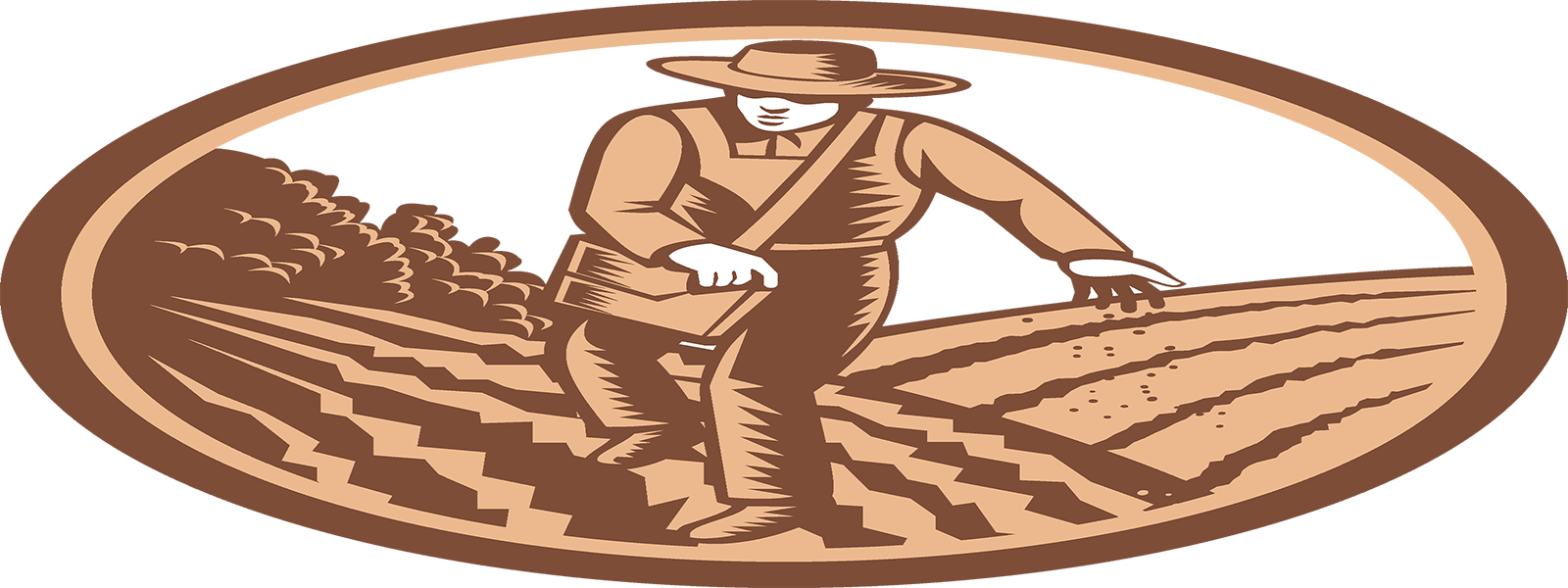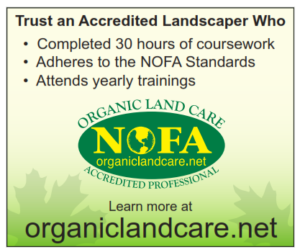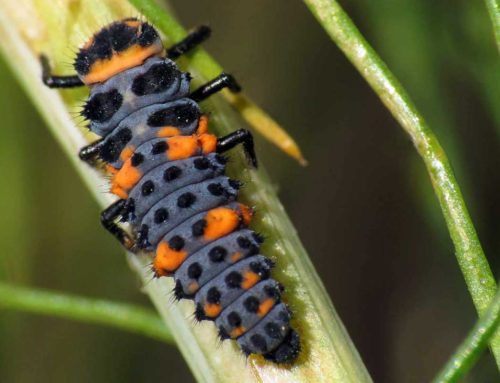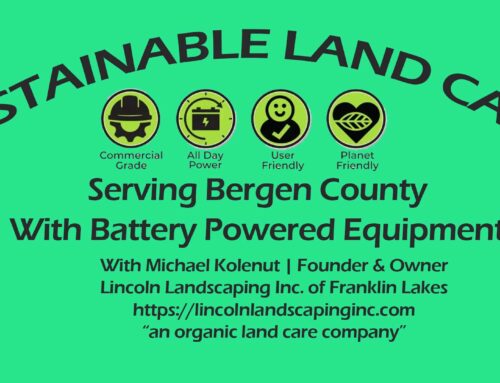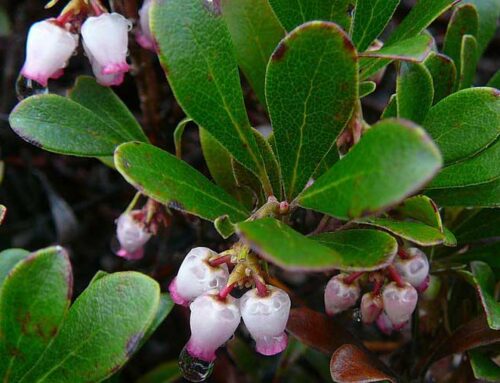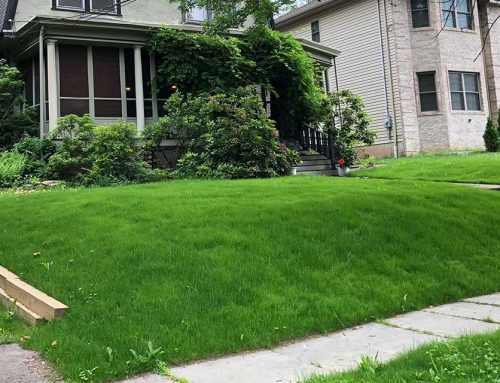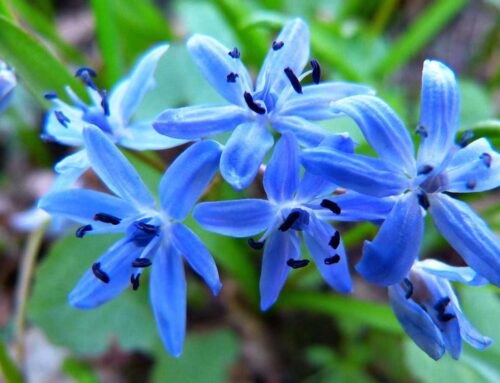If you’re like me, and I’m quite sure you are, then your thoughts are drifting in the direction of this year’s vegetable garden and flower beds, and with Spring just around the corner this is the time to order and start your seeds. It also gives you time to consider last season’s successes and setbacks. Planning is key in developing organic systems.
 Sowing seeds is an exciting and rewarding process, with endless seeds to try your hand at. Provide your seeds and seedlings with the proper amount of heat, light and moisture, and they will germinate successfully. Bear in mind however, there are some important rules to , follow which eventually will become second nature. These include utilizing good hygiene, using fresh seed and an organic compost, and a good growing medium.
Sowing seeds is an exciting and rewarding process, with endless seeds to try your hand at. Provide your seeds and seedlings with the proper amount of heat, light and moisture, and they will germinate successfully. Bear in mind however, there are some important rules to , follow which eventually will become second nature. These include utilizing good hygiene, using fresh seed and an organic compost, and a good growing medium.
Sow seed in a light, well-drained soil. Seeds need air as well as water to germinate. Sow no deeper than 3 to 4 times the diameter of the seed or in the case of oblong seed no deeper than 1 to 3 times the length of the seed. Fine seed should be sown on the soil surface. Most seed requires constant moisture to germinate. Pay strict attention to temperature and moisture requirements for germination. Moisten the growing medium with mist from a misting nozzle or misting bottle until seedlings are well established.
Many of us, myself included, start our seeds indoors so as to get a head start for our cool crops. I fill my egg carton containers with my composted soil, plant the seeds, and when it comes time to transplant I gently lift them with spoon into their place in the garden. Which brings me to my next step in “why your seedlings fail”. It’s the growing medium in the garden.
Grow on a strong foundation and you’ll produce healthy, nutritious vegetables and beautiful flowers year after year. Healthy soil is the basis of healthy plants and a healthy environment. When garden soil is in good shape there is less need for fertilizers or pesticides. As author and respected gardener Frank Tozer writes, “When building soil you not only improve your plants health, but you can also improve your own.”
Good garden soil should be an organic soil which is rich in humus which is the end result of decaying materials such as leaves, compost and grass clippings, etc. It holds moisture while at the same time draining well. A good organic garden soil is fluffy and loose in your hands. Being fluffy means it is full or air pockets, which all plants need and has plenty of minerals to support and maintain growth. It is alive with living organisms from earthworms to fungi and bacteria — all of which help maintain the quality of the soil.
Just like humans, plants need air, both above ground for photosynthesis and in the soil as well. Air in the soil holds atmospheric nitrogen that can be converted into a usable form for plants. Soil oxygen is also crucial to the survival of soil organisms that benefit plants. Good soil provides just the right space between its particles to hold air that plants will use. Silty and heavy clay soils have small particles that are close together. These dense soils have little air. Sandy soils have the opposite problem; their particles are too big and spaced out. The excessive amount of air in sandy soil leads to rapid decomposition of organic matter.
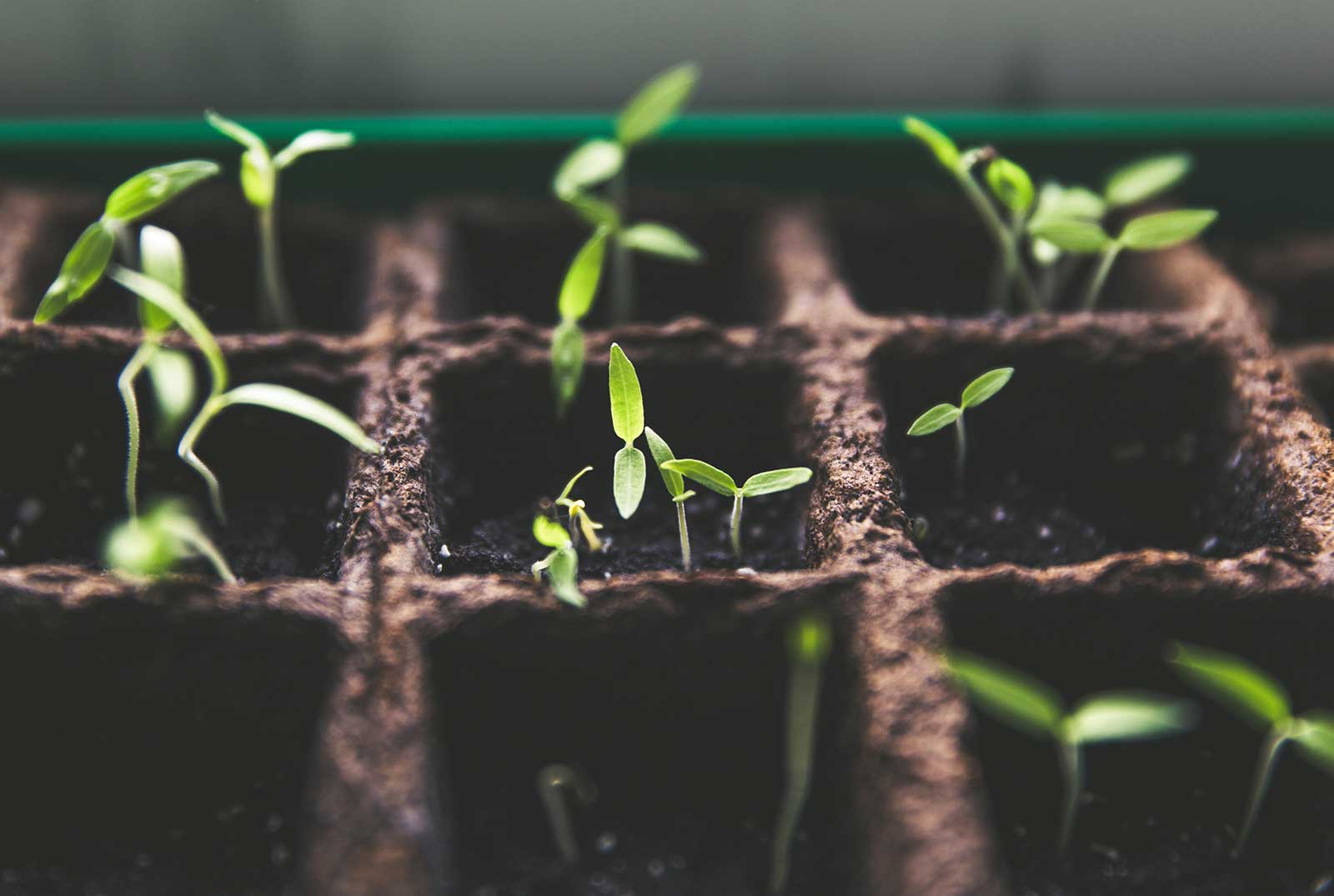 Adding organic matter, especially compost, will help balance the air supply (the perfect soil is about 25% air). Also, try not to step in the beds or use heavy equipment that can compact the soil. Avoid working the soil if it is very wet. Adding compost will improve almost any soil. The texture of silty and clay soils, not to mention their nutrient levels, are radically improved from initially having the compost mixed in. All soils get better with annual applications on top. Compost and other organic materials hold soil particles together in aggregates and help to retain moisture. They also absorb and store nutrients that are then available to plants, and compost is a food source for beneficial microorganisms
Adding organic matter, especially compost, will help balance the air supply (the perfect soil is about 25% air). Also, try not to step in the beds or use heavy equipment that can compact the soil. Avoid working the soil if it is very wet. Adding compost will improve almost any soil. The texture of silty and clay soils, not to mention their nutrient levels, are radically improved from initially having the compost mixed in. All soils get better with annual applications on top. Compost and other organic materials hold soil particles together in aggregates and help to retain moisture. They also absorb and store nutrients that are then available to plants, and compost is a food source for beneficial microorganisms
Proper pH is also an essential characteristic of healthy soil. Of the 17 or so elements thought to be essential for plant growth, nitrogen, phosphorus and potassium are the most important. They are known as primary or macro-nutrients because plants take them from the soil in the largest amounts. Fertilizers that contain all three of these nutrients are labeled complete fertilizers, but they are hardly complete in an absolute sense. Calcium, magnesium and sulfur, known as secondary nutrients, are also important to many plants.
Lesser or micro-nutrients include boron, copper, iron manganese and zinc. Some plant micro-nutrients have specific functions such as cobalt, which isn’t used by most plants but helps legumes fix nitrogen. Another critical component of your soil is its acid-alkaline balance or pH reading. All these essentials — and the proper texture — makes for healthy soil.
One way to determine what minerals are lacking or abundant in your soil is to get it tested. These tests usually measure levels of soil pH, magnesium, phosphorus, calcium, potassium, and sometimes nitrogen. They may also report the soil’s micro-nutrient content, but this isn’t essential to the gardener who adds plenty of organic matter to her soil. pH levels can be critical to your plant’s ability to absorb nutrients.
Most minerals and nutrients are best available to plants in soils with a pH of between 6.5-6.8. If your soil is acidic (low pH, at or below 6.0) or alkaline (high pH, above 7.0) it doesn’t matter how rich it is in nutrients, the plants won’t be able to absorb them. pH is usually included in a soil test.
At Lincoln Landscaping cultivating the environment is our life and livelihood. It is our number one goal to help our clients create and maintain beautiful landscapes while reducing the impact on the environment. Whether you are interested in a pollinator landscape garden design and build or other landscaping or property management project; we can create for you an environmentally friendly, organic and beautiful property.
Lincoln Landscaping of Franklin Lakes offers complete
organic landscaping, lawn care, turf and property management services.
Lincoln Landscaping “The Natural Choice”
Mike Kolenut President & CEO
https://lincolnlandscapinginc.com
(201) 848-9699

